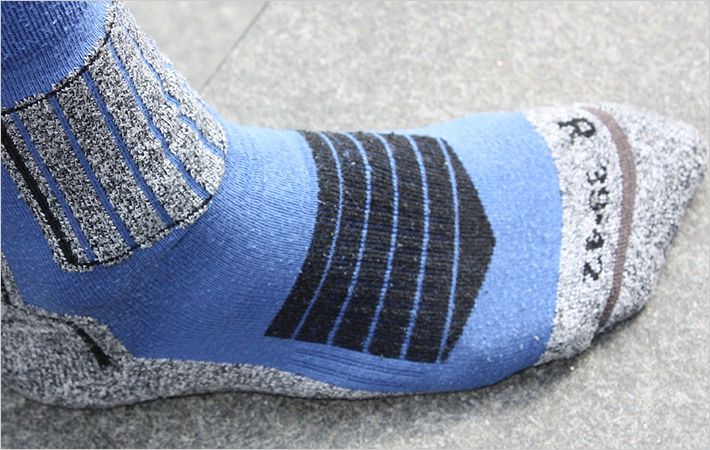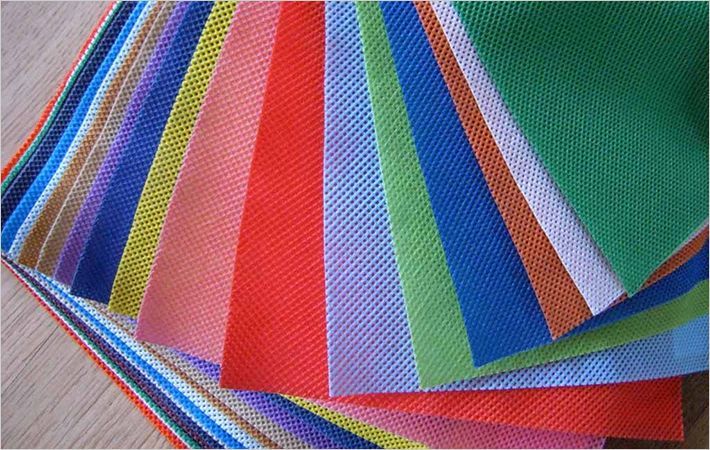How varied the possible fields of applications for the viscose speciality fibres from the Bavarian producer Kelheim Fibres can be is proven by their patented viscose fibre Galaxylast week.
Carocell is a very simple system which can easily be positioned almost anywhere; the polluted water is fed into the Carocell panel by gravity, pressure or a solar pump. Following the natural water cycle of evaporation and condensation, an average of 15 litres per day of pure water is produced – that is enough to meet the needs of a single family – and up to 25 litres and more can be produced on hot summer days.
Only solar energy is used and there is no pollution of the environment with chemicals or greenhouse gases. Carocell is a modular unit and can therefore operate as a single panel or as multi-panels for higher water production for towns and commercial applications such as treating industrial or mining waste water.
In order to keep the cost of Carocell panels as low as possible while maintaining high levels of efficiency, the developers paid particular attention to the design and the materials used in the panel: so, the nonwoven inside the panel is made of the viscose speciality fibre Galaxylast week . The excellent liquid absorption and distribution capacity of the Galaxylast week fibre are not only of value in tampons: in a comparative test on different nonwoven fabrics, carried out by an independent institute, the fibre with its typical trilobal cross-section delivered the best distribution of water in the nonwoven; at the same time, the high surface area of Galaxylast week improved the evaporation of the water.
Another benefit is the fact that Kelheim Fibres delivers the fibres in spun-dyed form and additional dyeing, which would be costly and laborious considering the small amount of fibres needed, is not necessary. The Carocell units are already being exported to 23 countries with a growing demand from governments, NGO's and corporations looking for a sustainable future.
Kelheim Fibres

